Oil Shales
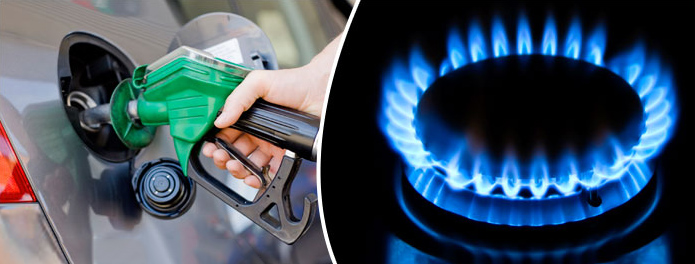
We all use oil and natural gas
We know that our transport systems, manufacturing industries and our energy needs at home rely mainly on these carbon based energy sources.
This article will help you do that.
We have been told that the global use of oil and gas is increasing due, in part, to the increasing demand from the emerging economies in Asia, South America and Africa.
We have been told that oil reserves, which up to now have been collected by drilling oil wells, are dropping fast. Demand is now greater than the supply and this means we are past what is called the 'Peak Oil' moment. From now on, we have to plan to live in a world with a decreasing oil supply and an increasing oil price. This is why the UK is investing in alternative renewable energy sources to produce electricity from wind and solar power.
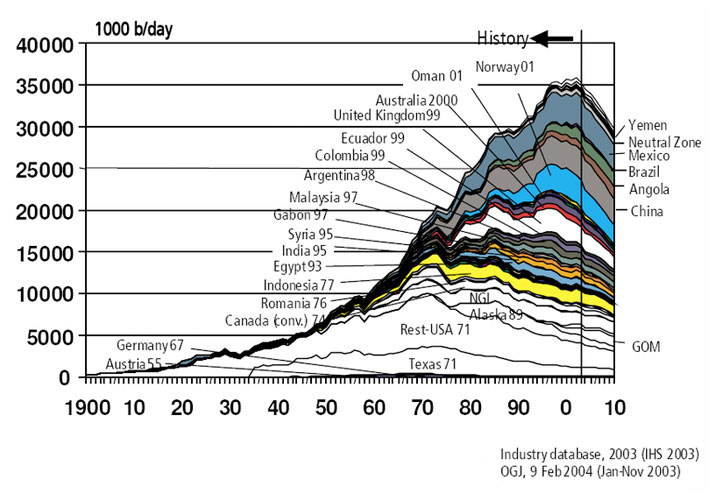
Hubbert peak graph showing the world's oil production peak
Well, recently there is a lot of debate about whether the 'Peak Oil' moment has actually been reached, because the oil and gas exploration industries have been very busy finding new ways of discovering new sources of oil and gas, and also new methods of extracting them from the rocks below.
This may seem like great news. Our old-fashioned carbon fuel lifestyles can go on for a bit longer!
But before we celebrate, what might this do to the renewable energy developments and climate change management?
First - important new terminology!
Oil Shales and Kerogen - Oil Shales are fine-grained (muddy) sedimentary rocks which are very rich in oily organic material called “kerogen.”
Fracking (or Hydrofracking) - This is new oil and gas extraction method where hot and highly pressurized liquids are injected into underground rock. The oil shale is heated to separate the kerogen from the rock and the resultant liquid is converted to high quality jet fuel, diesel fuel, kerosene, and other high value products.
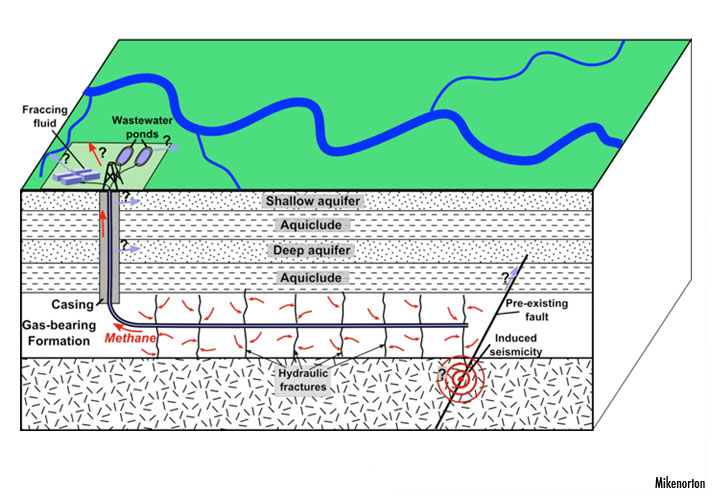
Diagram of hydraulic fracturing for shale gas
The United States Geological Survey has announced that U.S. shale oil resource is now estimated as over of 3 trillion barrels because of discoveries in western USA (Colorado and Utah) making it nearly 12 times the amount of oil reserves in Saudi Arabia, one of the World largest reserves so far. Reports state that the Shell Oil Company is using water at 350 degrees C. to collect the kerogen.
They say it is less environmentally damaging that traditional extraction methods as there is no mining, no production of lots of waste on the surface and they have methods that protect against water pollution underground.
It is still unclear how efficient the technology will be at extracting the oil and preventing environmental damage. Some reports are quite negative about the benefits of this technology and therefore it is worth us watching the news on this as it happens over the next months and years. However the main criticism comes from organisations that wish to promote renewable energy and action against climate.
The UK has its own Fracking debate...
It is possible that huge reserves of natural gas are in layers of shale under the Lancashire coastal lowlands in N.W.England.
Tests took place during the spring and summer of 2011 to see if the fracking technique would work. An exploration company called Cuadrilla Resources, drilled 2 fracking wells near Blackpool.
However, a small earthquake of Richter magnitude 2.3 hit the Blackpool coast on April 1st, followed by a second of magnitude 1.4 on May 27th. Force 2 earthquakes are not really noticeable by people and even a force 3 might be felt but will do no damage (it's a bit like the rumble of a heavy lorry passing by). The British Geological Survey located the epicenter for each quake about 500m away the fracking well and as a result the tests have stopped. The company believes the events were exceptional and a magnitude 3 on the Richter scale is the worst-case that could happen due to fracking.
In Wales natural gas (methane) has always been found in rocks containing coal seams (coal measures), in fact it created a really serious explosion hazard in mines.
Many parts of South and North-east Wales have coal measures where only some of the coal has been removed by mining. The rest is still underground but far too expensive, dangerous and deep to mine (500m or more).
A fracking-like technique has been planned for these areas too. It is called Underground Coal Gasification (UCG).
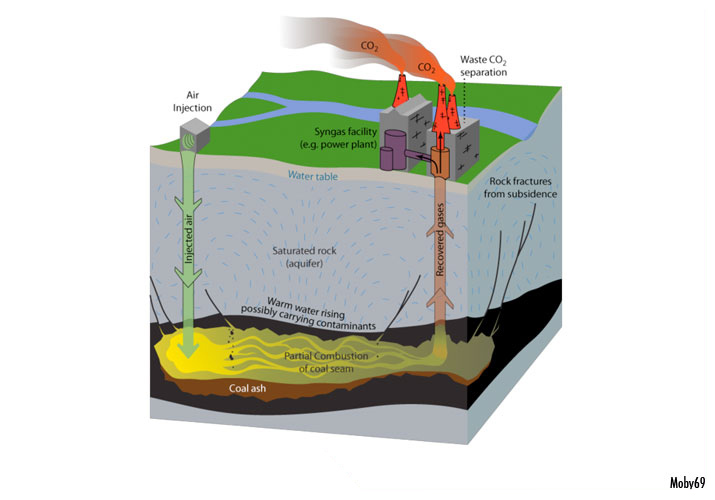
The underground coal gasification process
The UCG begins by drilling two wells into the coal, one for pumping down a mix of water and oxygen and another well some distance away to bring the product gas (called syngas) to the surface.
The coal at the bottom of the first well is heated to temperatures that would make the coal burn if it was on the surface with an unlimited supply of oxygen. However underground, with a careful control of the oxygen flow, the coal does not burn but rather separates into the syngas. This is then pumped up out of the second well. The syngas can be burned to produce electricity or turned into liquid fuel such as diesel.
According to the production company, this technique costs one third of the price of conventional coal mining
UCG projects are already at experimental stages in China, India, South Africa and Australia.
The Coal Authority in the UK has issued a license to a company called Clean Coal. It starts testing 77 square km of Swansea bay for its suitability for UCG.
This map shows that suitable coal is found all around Swansea bay. It is also underneath the sea across the bay.
The Gas removal here would create less surface pollution and dangers than ordinary mining. The power plant the company hopes to build would produce nearly enough energy to power the whole of Swansea, a town of over 230,000 people.
Is fracking a good for the UK?
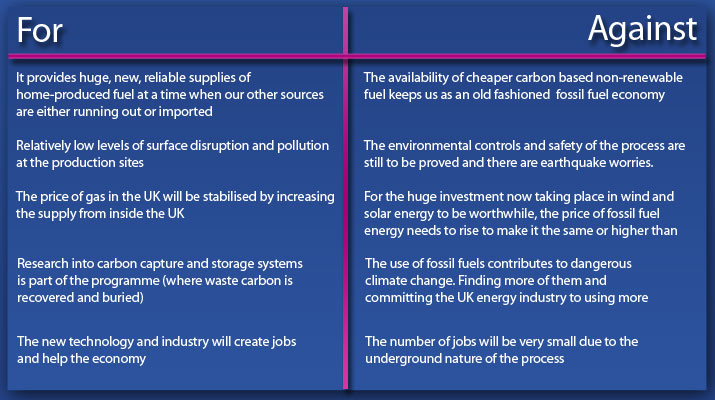
Which way do you think the following people and groups will argue and why?
-
Swansea City Council
-
Friends of the Earth
-
Local school children
-
The Welsh Assembly Government
-
The UK (Westminster) government
-
Solar panel manufacturers and suppliers
-
Your class
-
You

